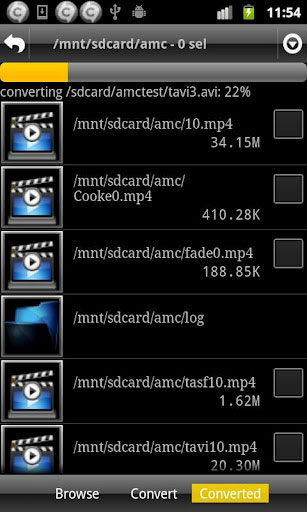

] I've tried using the instructions below, and then launch the browser with the -use-gl=egl flag on Wayland, on a laptop with Intel graphics, and hardware-accelerated video playback works. Starting with Google Chrome 91 (and other browsers based on Chromium 91), you'll also need to append the -enable-features=VaapiVideoDecoder flag. You can use VA-API on XWayland, using the -use-gl=egl command line flag, but I did not try it.

Microsoft Edge - there's not even a chrome://flags/#enable-accelerated-video-decode flag (to enable hardware-accelerated video decode).Vivaldi stable is now version 36, and that does have working hardware-accelerated video decoding Obviously, it should continue to work with versions newer than these (so Google Chrome 89, Brave 1.20, etc.).įor me, hardware-accelerated video decode didn't work using:


In my test, I was able to get hardware-accelerated video decode to work on Linux using: I don't own a device with AMD graphics to test this. Also tested using a laptop with Intel graphics (10th gen) on Ubuntu 20.04 and 20.10. I tested these instructions using Ubuntu 20.10 desktop with Nvidia graphics, and the web browsers listed below installed using their original Ubuntu packaging (using a DEB package). I'd also like to add that these instructions to enable hardware accelerated video decoding also work on other Linux distributions, and not just Debian / Ubuntu-based Linux distributions, however, the driver names are different. Thus, these instructions may also work for Chromium browser, depending on how it's built. on Ubuntu / Linux Mint there's a PPA with VA-API patched Chromium builds. So Chromium users have had hardware acceleration on Linux for some time, depending on their Linux distribution or if they installed the patched Chromium in some other way. It's worth noting that Chromium web browser had patches that allowed making hardware accelerated video decoding available on Linux for some time, and some Linux distributions packaged it using those patches. Using hardware-accelerated video decode in your web browser should result in using less CPU usage (and thus, less battery draining) when playing online videos. This article explains how to enable hardware-accelerated video decoding in Google Chrome, Brave, Vivaldi and Opera web browsers running on Debian, Ubuntu, Pop!_OS or Linux Mint (Xorg only). Google Chrome is not the only Chromium-based web browser to support hardware acceleration on Linux though. Google Chrome 88 (and newer) has made hardware accelerated video decoding available on Linux, but it's not enabled by default.


 0 kommentar(er)
0 kommentar(er)
